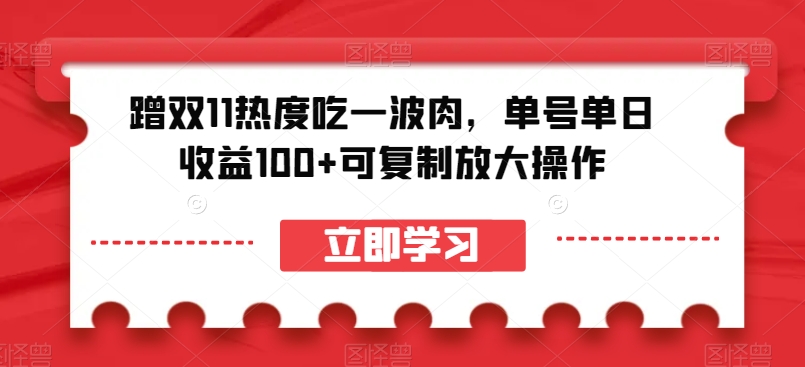江苏专转本CET-4 每日一听 Day11
发布于 2021-11-20 12:31 ,所属分类:自考学习资料
我们
金榜题名
今天距离2021年12月18日CET-4考试还有29天!
每日一听 Day11
CET-4
题目
Questions 8 to 11 are based on the conversation you have just heard.
8.
A) She wanted to save for a new phone.
B) She found it much safer to use cash.
C) She could enjoy discounts with cash.
D) She had been cheated using phone apps.
9.
A) They can save a lot more time and trouble.
B) They find it less difficult to make purchases.
C) They derive greater pleasure from buying things.
D) They are less aware of the value of their money.
10.
A) More valuable items.
B) More non-essential things.
C) Everyday necessities.
D) Electronic devices.
11.
A) It can improve shopping efficiency.
B) It is altering the way of shopping.
C) It may lead to excessive spending.
D) It appeals more to younger people.
点击下方空白区域查看答案
听力原文及解析
听力原文:
M: Lisa, why did you pay for your meal with cash instead of the payment apps on your phone?
W: Well, Fve gone back to cash. I'm only using payment apps if that's the only option. (8) I'm tiying to save money for a new phone, and I find that using cash rather than payment apps helps me to save.
M: But how? Money is money, isn't it? I don't think it matters whether you take it out to the bank and put it in your wallet or singly transfer from your bank account to the seller's bank account using an app.
W:No, I believe it does matter. Ifs a psychological phenomenon. (9) I believe we have less connection with the value of our money when we just tap the "Approve" buttons on our phones.
M:You might have a point. Since I stopped carrying cash around and started using my phone apps to pay, (10) I may have developed a tendency to buy more small or non-essential items.
W: That's highly possible. Think about the amount of time we spend with our phones in our hands, and
all the things we do with our phones. It sometimes seems that our phone is buying the product for us, not ourselves.
M:(11-1) So cashless payment affects our ability to budget?
W: I believe so. If we spend a hundred yuan in cash, we realize that we don't have that hundred yuan to spend on something else. But if we're spending electronically, we are less likely to make that mental calculation.
M:(11-2) I stopped using my credit card because I found I was spending excessively. Perhaps I should take the same approach of paying using my phone.
W: It's worth considering.
解析:
Questions 8 to 11 are based on the conversation you have just heard.
8.Why did the woman decide to go back to cash for payment?
9.What happens when people use apps for payment according to the woman?
10.What might the man tend to buy with payment apps?
11.What does the man think of electronic payment?
听前猜测:
预览四道题各选项,由各选项出现的 saveuse cash,discountsusing phone apps、purchases、buying、 money .shopping等词可推测,对话内容与手机购物有关;再结合improve shopping efficiency, altering the way of shopping Jead to excessive spending可进一步推测,对话内容涉及手机购物的利弊。
试题详解:
8.为什么女士决定回到用现金支付的付款方式?
A) 她想攒钱买一部新手机。
B) 她发现用现金安全得多。
C)她用现金支付可享受折扣。
D)她用手机软件时曾被骗。
析:A)。对话开头,男士询问女士为何不用手机支付而是用现金支付。女士说她想攒钱买一部新 手机,她发现用现金付款能帮自己省钱。因此答案为A)。
9.女士认为,人们用手机支付会怎样?
A) 他们能节省时间,避免麻烦。
B) 他们购物更加容易。
C)他们从购物中得到更多乐趣。
D)他们不太留意金钱的价值。
析:D)。对话中,两人对现金支付和手机支付持不同的看法,女士认为现金支付有助于省钱,男士 却认为这两种方式没有区别。女士向男士解释,这是一种心理现象,当我们只是在手机上点击“同意支 付”按钮时,我们对金钱的价值就不那么在意了。因此答案为D)。
10.男士倾向于用支付软件买什么?
A) 更贵重的物品。C)日常必需品。
B) 更多非必需品。 D)电子设备。
析:B)。对话过程中,男士逐渐认同女士的观点,他说自己开始使用手机上的应用程序支付之 后,可能已经养成了购买更多的小物件或者非必需品的习惯。因此答案为B)。
11.男士如何看待电子支付?
A) 它能够提高购物效率。
B) 追正改变购物方式。
C)它可能会导致过度消费。
D)它对年轻人更有吸引力。
析:C)。对话末尾,男士认为无现金支付会影响我们的预算能力,他之所以停用信用卡就是因为 发现这种支付方式会导致过度消费,他觉得自己也应该停止使用手机支付。也就是说,男士认为电子 支付可能会导致过度消费。因此答案为C)。
词汇积累:
option n.选择
transfer v.转移,移动
account n.账户
psychological a.心理的
tendency n.趋势
budget n.预算

立信立德,用心做教育!
题源:2020年9月四级真题第一套


分享、在看与点赞
只要你点,我们就是胖友



![10个月361本书随你听【每天听一本书】[百度网盘分享]](https://static.kouhao8.com/cunchu/cunchu7/2023-05-18/UpFile/defaultuploadfile/230430ml/64-1.jpg?x-oss-process=image/format,webp/resize,w_88/crop,w_88,h_88,g_nw)





























相关资源